Playing slots is exciting, but keeping your bankroll in check is what makes the fun last. Anyone can hit a lucky streak, but staying in the game over time takes a solid plan. Whether you’re spinning reels for fun or chasing steady profits, knowing how to manage your money will keep you playing longer without stress.
Start with a Clear Budget
Before you even sit down at a machine, decide how much you’re comfortable spending. This should be money that, if lost, won’t affect your daily life. Think of it as entertainment, like going to the movies or a concert. Once you’ve set your budget, stick to it. The moment you dip into extra cash that was meant for bills, groceries, or savings, the fun starts turning into a problem.
Choose the Right Bet Size
Slot machines come with different betting options, and how much you wager directly impacts how long you can play. Small bets stretch your money further, while larger bets can lead to quicker losses—or bigger wins. A balanced approach often works best. If you’re playing for an extended period, lower bets keep you in action longer. But if you’re in the mood for a bigger thrill, taking calculated risks on higher stakes can make things interesting—just make sure it’s part of your plan.
Use Bonuses and Promotions Wisely
Casinos, both slot demo online and in-person, offer promotions that can add value to your play. Free spins, cashback, and deposit bonuses help extend your time on the reels without using extra funds. Always check the terms, though—some deals come with high playthrough requirements that make it tough to cash out. Look for offers that actually give you a better shot at keeping some winnings.
Set Win and Loss Limits
It’s easy to get caught up in the excitement, especially after a big win. The best players know when to walk away. Setting both a win limit and a loss limit helps keep emotions in check. For example, if you double your bankroll, consider cashing out part of it instead of playing until it’s gone. On the flip side, if you hit your loss limit, step away and come back another day. Sticking to these boundaries prevents you from chasing losses or getting overconfident after a win.
Play Games with the Best Odds
Not all slots are created equal. Some machines offer better chances of winning than others. Look for games with a high Return to Player (RTP) percentage—generally anything above 96% is a solid pick. While no slot guarantees a win, choosing games with better odds gives you a stronger chance of walking away with something.
Keep Your Emotions in Check
A winning streak can make you feel invincible, while losing can be frustrating. The key is to stay level-headed. Excitement is part of the experience, but letting emotions control your decisions leads to mistakes. If you’re feeling frustrated, take a break. Walking away clears your mind and helps you make better choices when you return.
Avoid Chasing Losses
One of the biggest bankroll mistakes is trying to win back what you lost. This often leads to bigger losses and more frustration. Every spin is random, and past losses don’t mean a win is coming. Accepting losses as part of the experience makes it easier to stick to your limits and enjoy the game for what it is.
Keep Track of Your Spending
It’s easy to lose track of how much you’ve spent when you’re having fun. Keeping a record of your play helps you stay accountable. Some players use apps or notebooks to track wins, losses, and time spent playing. This small habit can make a big difference in managing money effectively.
Enjoy the Experience
Slots should be entertaining, not stressful. When your bankroll is managed wisely, you can enjoy the game without worrying about losses. The goal is to have fun while staying in control. By playing smart, using bonuses, setting limits, and keeping emotions in check, you’ll get the most out of every session.
A well-managed bankroll keeps you in the game longer, giving you more chances to land a win while keeping the experience enjoyable. Play smart, stay responsible, and keep the excitement going without breaking the bank.





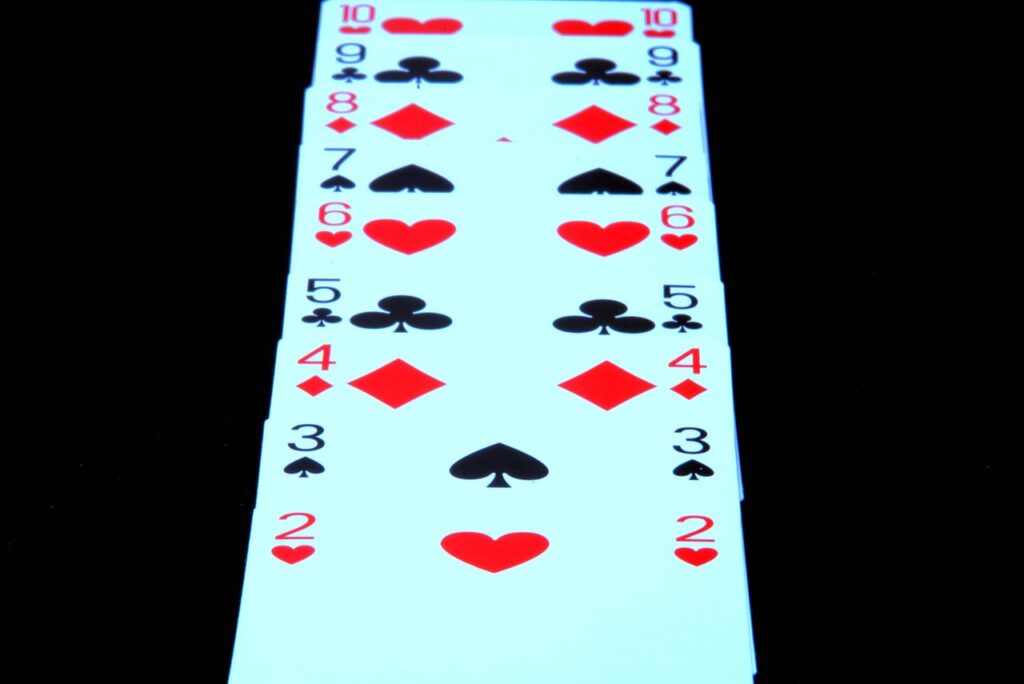

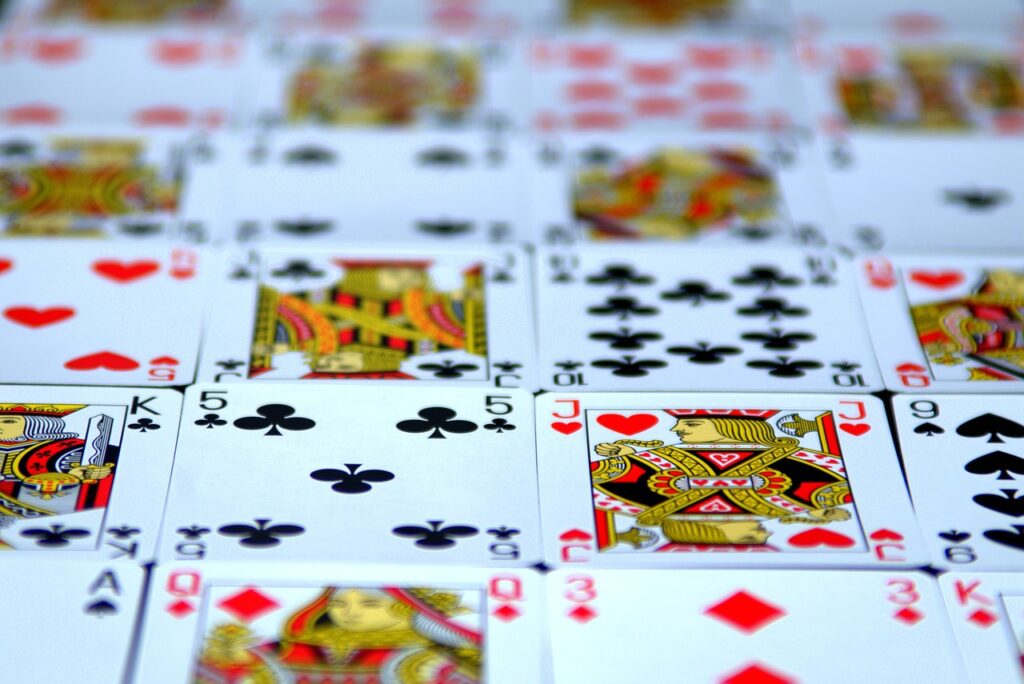

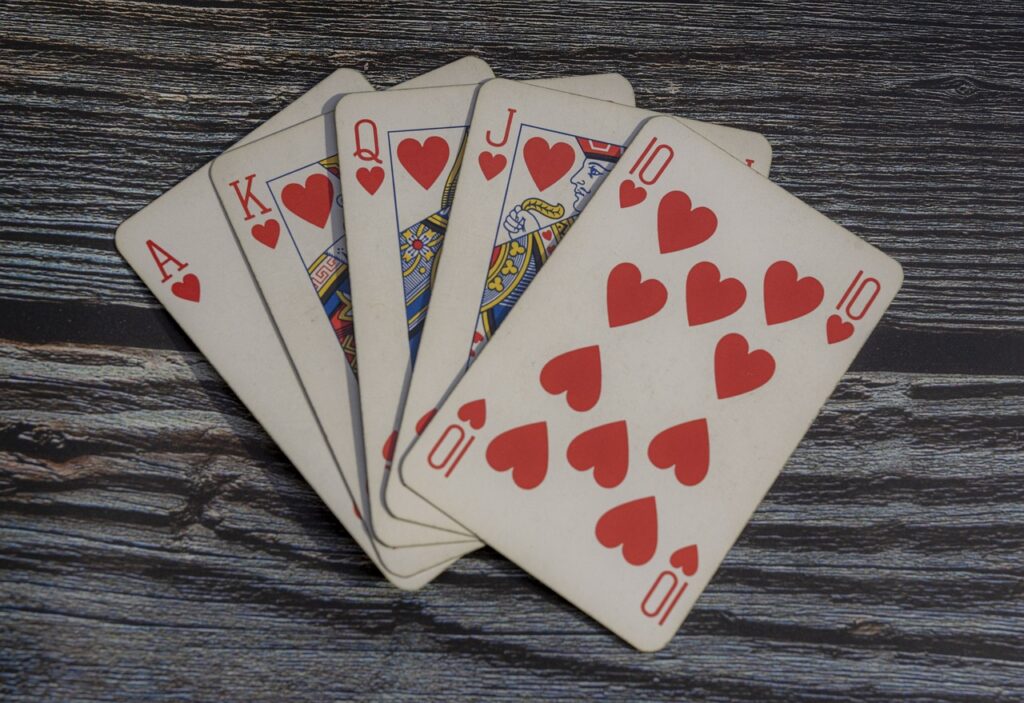
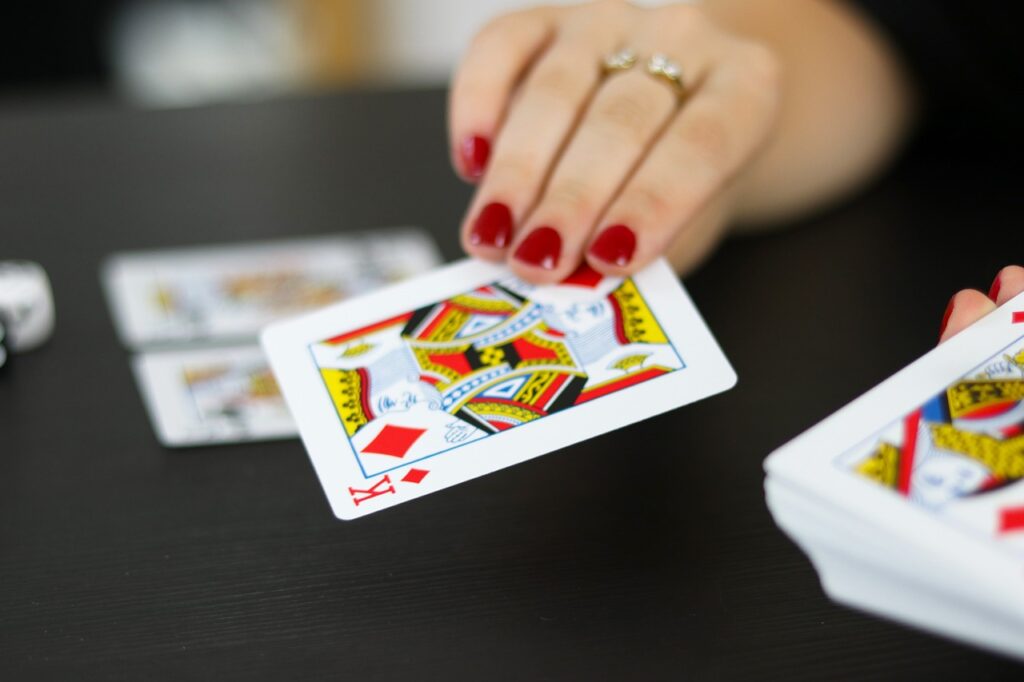
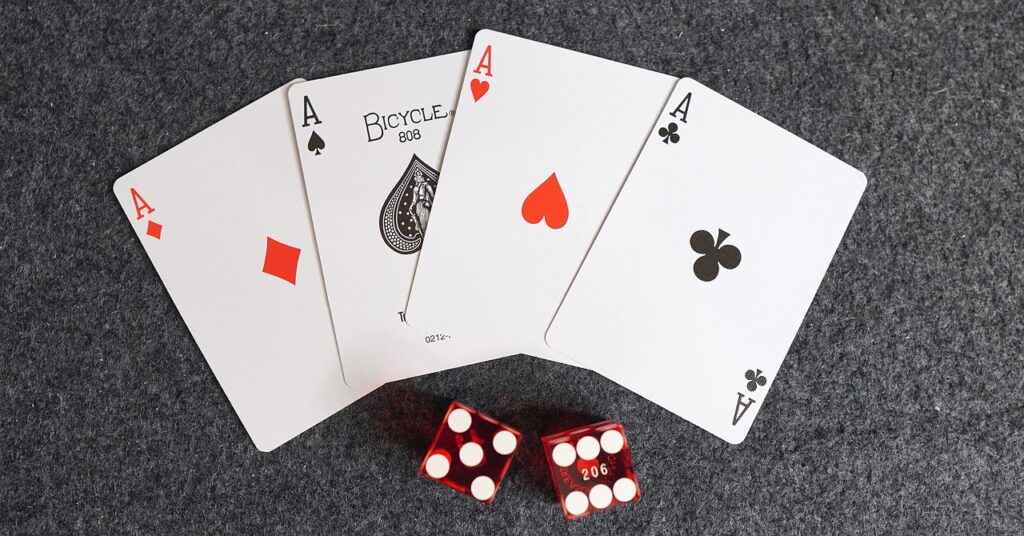










Follow Us!